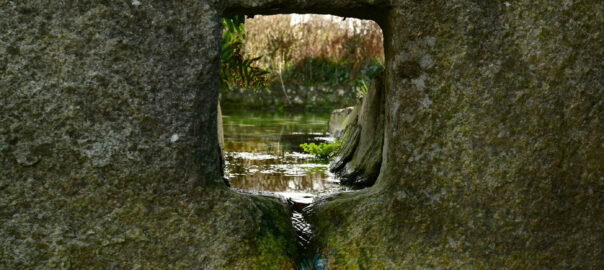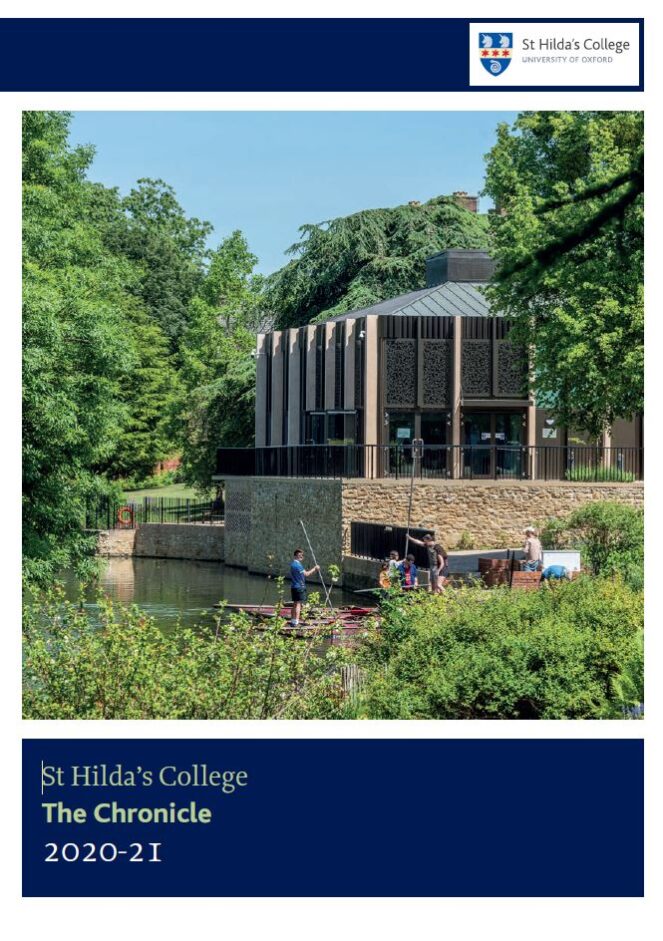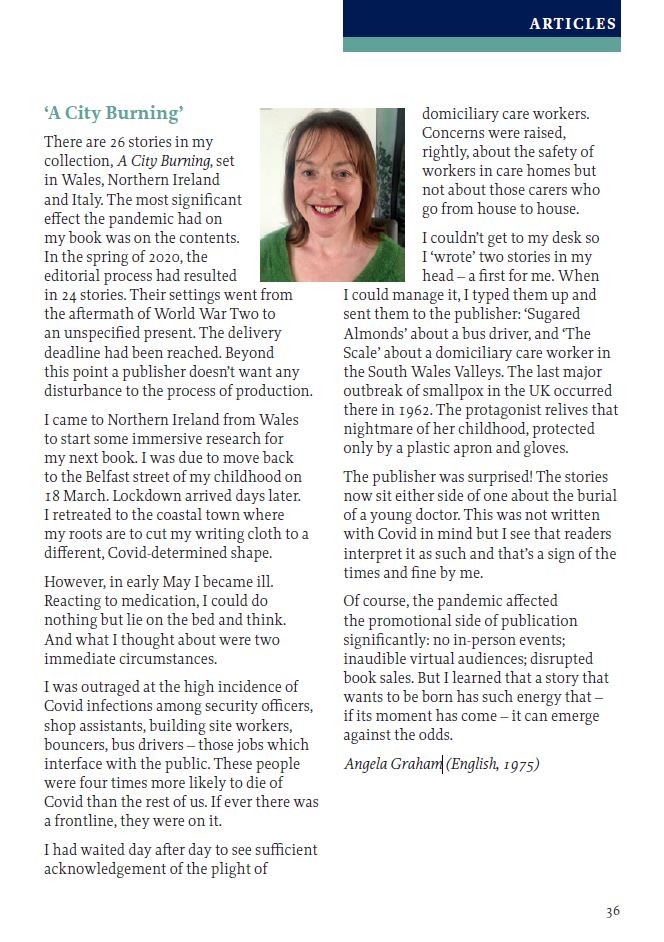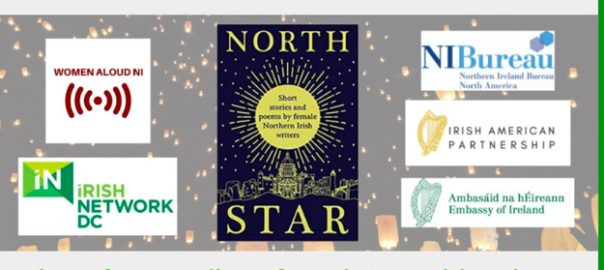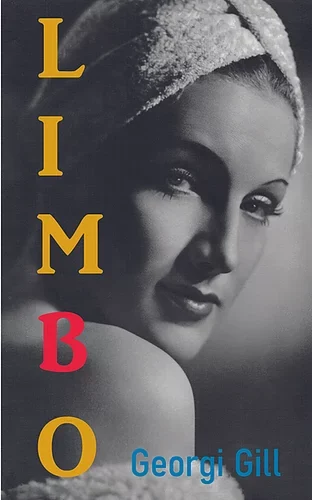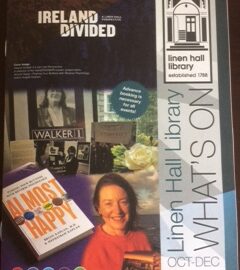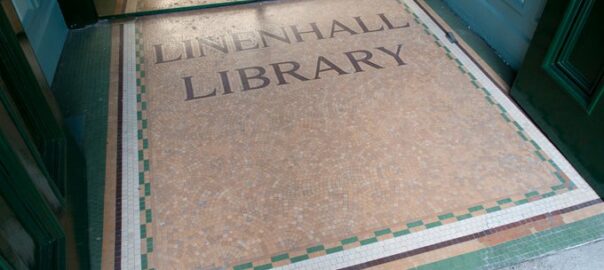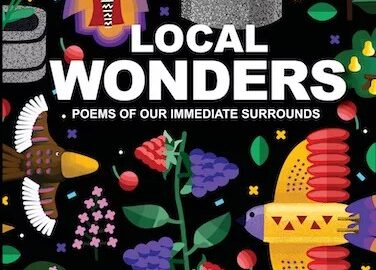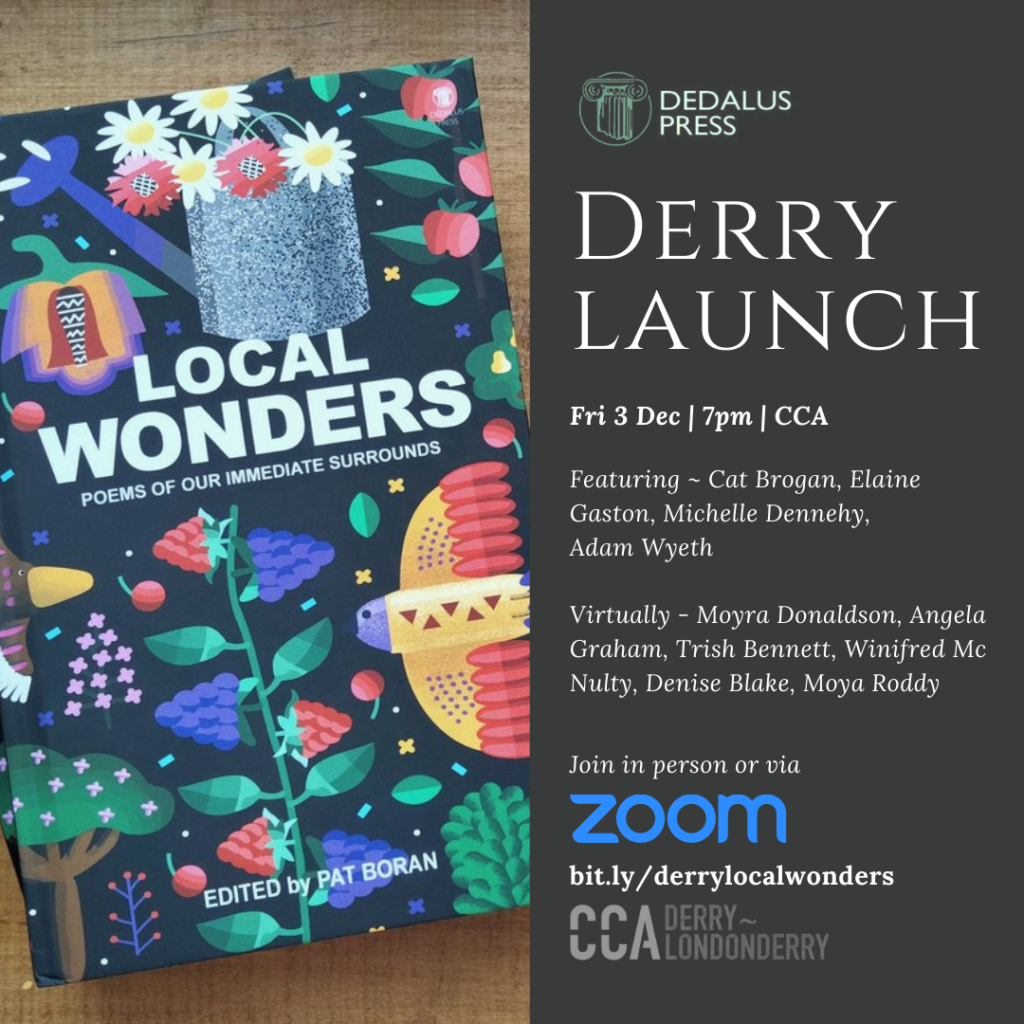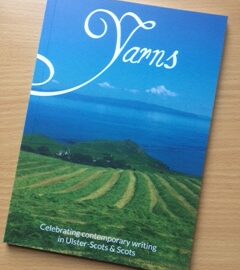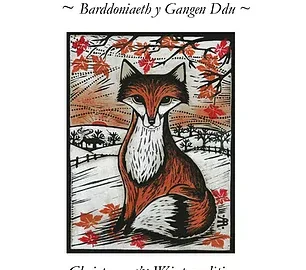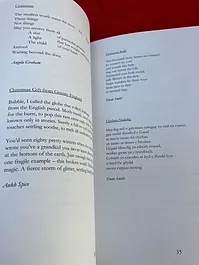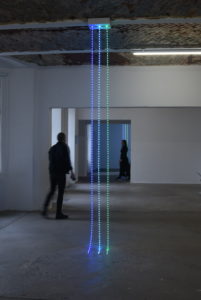SANCTUARY: There Must Be Somewhere
I’m delighted that this 48-page pamphlet of poetry will be published by Seren Books on the 11th April 2022.
Phil Cope, Viviana Fiorentino, ‘Moon’ and Csilla Toldy worked with me to write a poem each on the theme. Glen Wilson was my mentor and contributes a poem.
Sanctuary is – urgent. The pandemic has made people crave it; political crises and war are denying it to millions; the earth is no longer our haven. This theme has enormous traction at a time of existential fear − especially among the young − that nowhere is safe. Even our minds and our bodies are not refuges we can rely on. Truth itself is on shaky ground.
This pamphlet of 31 poems addresses these critical situations from the inside. How we can save the earth, ourselves and others? How valid is the concept of a ‘holy’ place these days? Are any values still sacrosanct? We all deserve peace and security, but can these be achieved without exploitation?
Belfast-born Angela Graham divides her time between Wales and Northern Ireland. She has designed this collection to embody the hosting, welcoming aspect of Sanctuary. Alongside her own poems she invited four other poets, two from Wales and two from Northern Ireland, to work with her in writing a poem each.
‘Moon’ is the pseudonym for an Iranian poet now living in Wales. Writer and photographer, Phil Cope from the Garw Valley in Glamorgan is an expert on the holy wells and shrines of the British Isles. In Northern Ireland, poet and novelist, Viviana Fiorentino is an economic migrant from Italy who works with migrants and prisoners of conscience; film maker and poet, Csilla Toldy fled communist Hungary for a ‘free’ life in the West. The fifth poet, Glen Wilson (winner of the Seamus Heaney Award for New Writing), acted as mentor for Angela’s work and contributes a poem on migration.
Angela Graham is a distinguished producer for TV. She was Development Producer on the BBC series The Story of Wales presented by Huw Edwards (2 BAFTA Cymru Awards). She was producer and co-writer of the Oscar entrant cinema feature Branwen (6 BAFTA Cymru nominations and Best Film at the Celtic Media Festival). Her short story collection A City Burning (Seren 2020) was longlisted for the Edge Hill Prize. Her poems have been published widely in journals such as The North, Poetry Wales, The Interpreter’s House; and often anthologised, most recently in Local Wonders (Dedalus Press), Words From The Brink and A470 (Arachne Press) and Washing Windows Too (Arlen House).
Angela says: “Before this work I thought of Sanctuary as a place but now I understand it’s something I have to be.”
Poetry 9781781726785 £6.00pbk Seren Books
